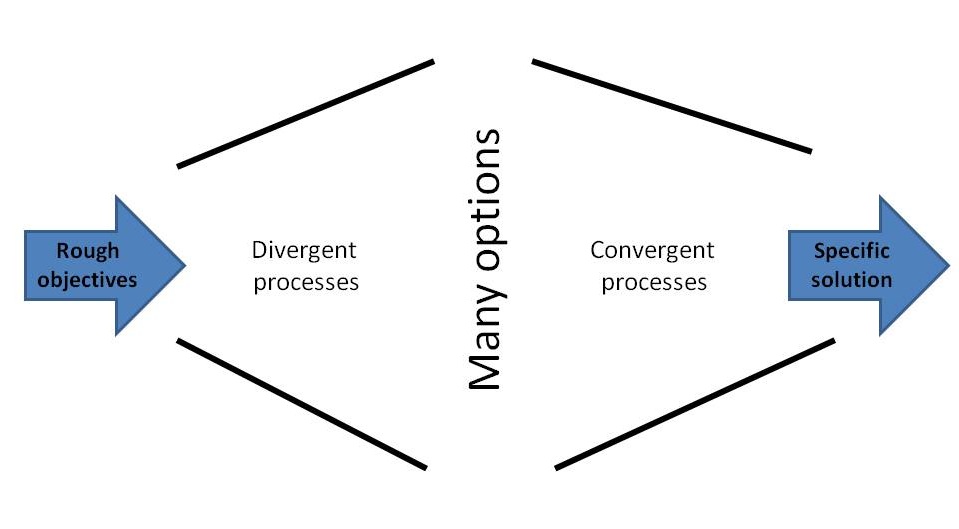Why the West had it so good
22 Jun
People in the West, be it general public or politicians, have huge expectations from future economic development. Our living standards in the West have hugely increased over the past five decades due to unprecedented economic growth. People think this trend will continue – they take on more and more debt and have expectations of ever increasing living standards. Stephen King, HSBC’s group chief economist, gave a talk at the LSE about his new book this week – When the Money Runs Out: The End of Western Affluence. This blog post is about why we had it so good over the last 50 years and why the future might be different to what we think.
Stephen pointed out at the beginning that growth in the West is slowing. In each of the previous five decades, the UK grew at approximately 30%, 13% (this was the 70’s oil crisis), 27%, over 30% and only 4% respectively, 4% being the growth in the last decade from 2003 to 2013. Yes there was the 2008 financial crisis, but for example the 70’s had their fair share of crises as well. Chinese and Indian economy grew at 130% and 80% respectively over the same last decade.
He identifies three main drivers of why the West grew so much from the 1960’s to 2000’s and why the growth is slowing now. One thing to note about the drivers is that they are unlikely to happen again.
The first one was opening of world trade driven by OECD agreements. This was trade mainly between western countries and also Japan. Growth in trade has slowed down considerably in the last decade and any further global growth comes mainly from South-South trade between emerging countries. The only European country which was able to capitalise on the growth of China in a meaningful way is Germany, the others did not really see any major increases in exports. There do not seem to any similar markets about to open up as we saw 50 years ago.
The second one was integration of woman into the workforce. Huge new pool of educated workers became suddenly available and was a big impulse for the economy. Quite obviously, there is no third gender to integrate.
The third reason was the growth in consumer credit. It allowed many families in the West to smooth their consumption patterns over time by getting access to credit to buy fridges, washing machines, TVs or homes. The household are unlikely to be able to take on much more debt.
Some might say that growth is not so important. Stephen argued that it is important indeed, because if new wealth is not created but destroyed, our economy becomes in fact a zero sum game. One has to lose out if other is to gain. With the rise of technology and globalization, it is ever easier for smart people to engage with the economy and to benefit from trading in it while the need to employ unskilled workforce in the process is lower and lower. It is therefore the very people who tend to disagree with the need to grow the most that should be its most vocal supporters.
This was just a brief introduction to the book which covers a lot more. I bought it so I will write another post once I have read it. The main takeaway at this point is that the West should realise how fortunate it was in the 50 years preceding this millennium when living standards of 99% of people dramatically increased. This is however not something everybody should take for granted moving forward. People and governments alike should understand that some of them are living beyond their means by relying on debt too much. They need to readjust their expectations from the future and became more realistic in terms of how much their living standards are likely to increase and how much debt they will be able to service. Another interesting point is that most of the developing countries still have the three dividends mentioned above ahead of them.



Recent Comments